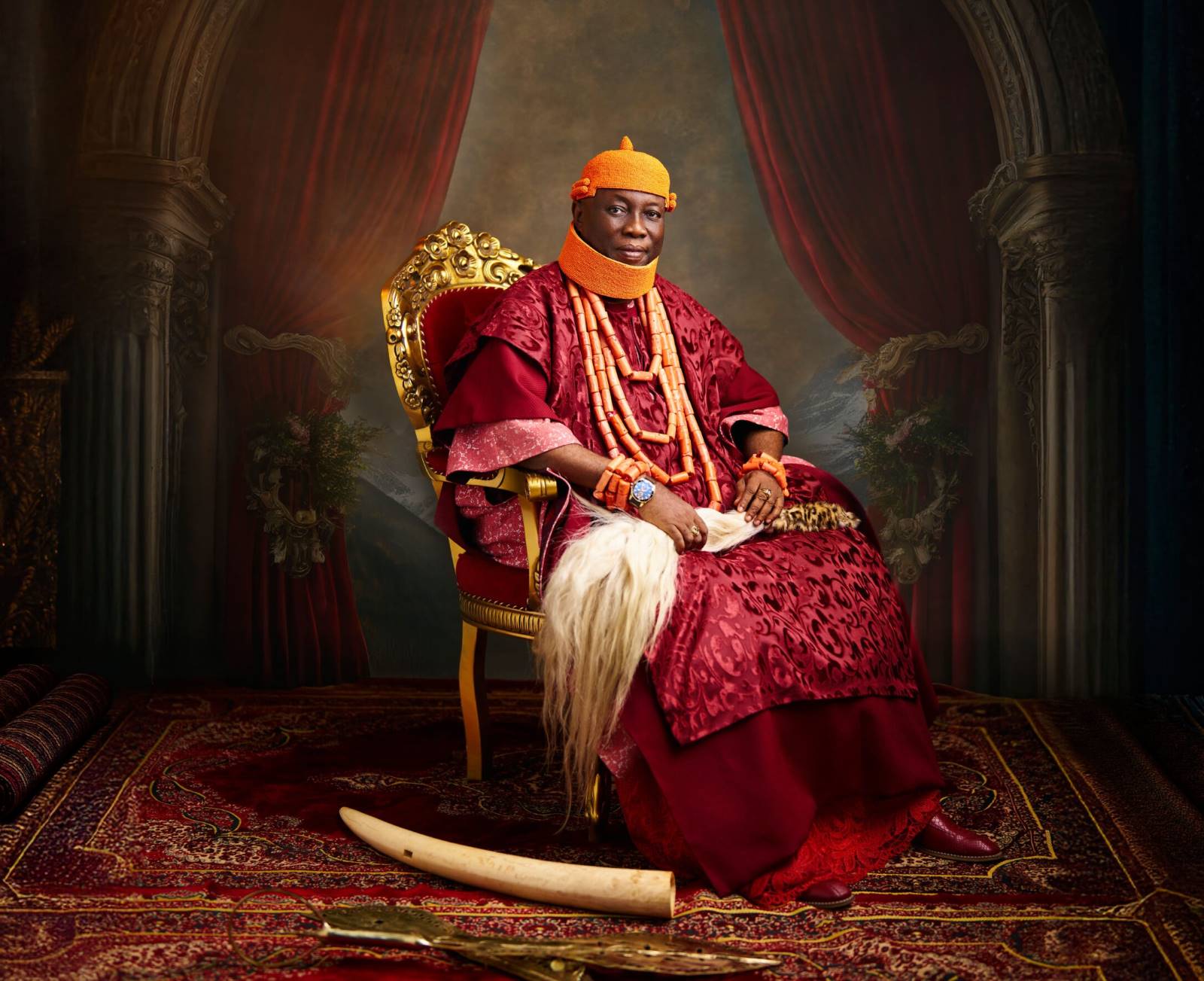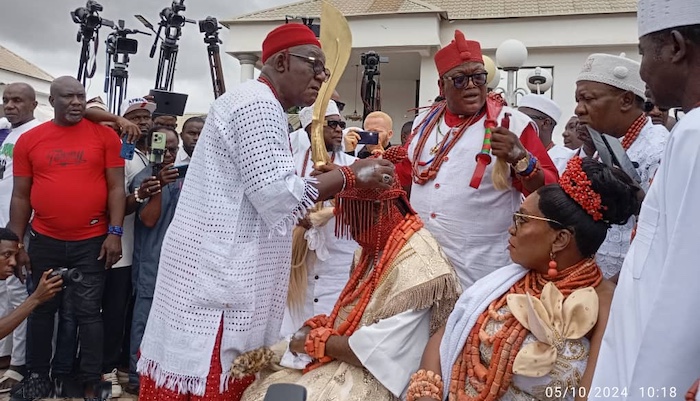When Professor Epiphany Chigbogu Azinge, SAN, ascended the revered throne as the 14th Asagba of Asaba, it was more than a ceremonial rite—it marked the dawn of a new era for the historic capital of Delta State. A distinguished legal icon and academic of global repute, Obi Azinge brings a rare blend of intellectual depth, moral clarity, and deep cultural consciousness to traditional leadership. His reign, though still fresh, is already reshaping the ethos of governance in Asaba, particularly in the areas of security, legal consciousness, and environmental responsibility.
The Asaba monarchy has long held a central place in the identity of the Anioma people. But under Obi Azinge, the institution is being redefined not just as a custodian of heritage, but as an active driver of urban development and societal progress. This approach reflects his philosophy that tradition and modernity can—and must—coexist for any community to thrive.
Restoring Security and Order
One of His Majesty’s earliest interventions has been in the realm of local security. In recent years, Asaba, like many urban centres in Nigeria, has grappled with rising youth restiveness and pockets of criminality. The new monarch has taken a proactive stance, engaging with community vigilante groups, traditional chiefs, and local government officials to create a more coordinated and intelligence-driven response to these challenges.
Obi Azinge’s emphasis is not merely on force but on order—restoring a culture of discipline and respect for community values. His regular interactions with the youth and his push for skills development initiatives suggest that he understands the root causes of insecurity and is committed to addressing them holistically.
Law, Governance, and Justice at the Core
It comes as no surprise that a Senior Advocate of Nigeria (SAN), former Director-General of the Nigerian Institute of Advanced Legal Studies, and an internationally respected jurist would place legal consciousness at the heart of his reign. Obi Azinge has reiterated the need for Asaba to be a model of lawful governance. He has emphasized the importance of rights, responsibilities, and accountability—not just in government, but within families, communities, and cultural associations.
His reign signals a shift from oral traditions to documented customs. Already, there is talk of codifying key aspects of Asaba’s traditional practices to ensure consistency, transparency, and proper generational transfer of knowledge. Such an initiative could serve as a blueprint for other traditional institutions seeking to remain relevant in the 21st century.
Cleanliness as Civic Duty
Equally impressive is Obi Azinge’s commitment to the environmental well-being of Asaba. The monarch has made sanitation a civic and moral responsibility, calling for a renewed culture of cleanliness that reflects the dignity of the Asaba people. His vision is not just for a clean city, but a beautiful, orderly one that mirrors the aesthetic richness of Anioma heritage.
To this end, he has begun collaborating with local government agencies to improve waste management, while encouraging local chiefs and compound heads to institute weekly sanitation routines. His words often echo the old wisdom: “Cleanliness is next to godliness”—a value he seeks to institutionalize through both education and enforcement.

A Revered Monarch for a Renaissance City
Across Asaba and beyond, His Royal Majesty Obi Professor Epiphany Chigbogu Azinge is highly revered—not just for his academic laurels or legal prowess, but for his quiet authority, clarity of vision, and depth of service. He commands respect not by intimidation, but by inspiration.
In his brief time on the throne, he has demonstrated that traditional leadership can be visionary, inclusive, and development-driven. With security reform, legal consciousness, and sanitation as pillars of his early legacy, Obi Azinge is not just reigning—he is redefining what it means to lead a people with dignity and foresight.
As Asaba looks toward the future, it does so with confidence, knowing that its crown now rests on the head of a leader whose heart beats for justice, order, and the collective good.





0 Comments